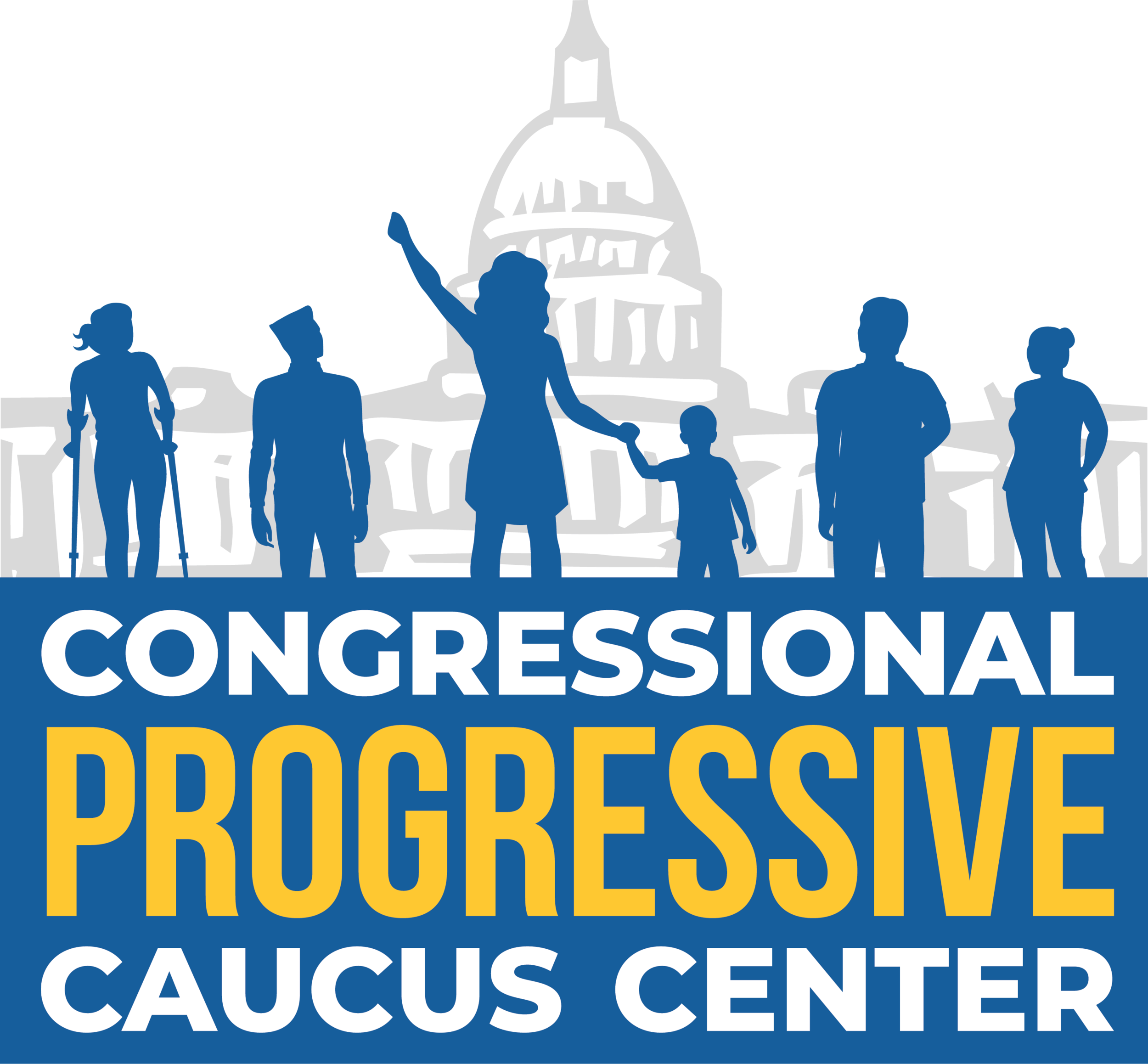Don’t Trade On Me: Proposals to Reform Congressional Stock Ownership
Last Updated April 25, 2022
Introduction
In a representative democracy, the citizens entrust elected officials to debate issues that impact their lives and vote in the best interests of their constituents. Members of Congress often have access to sensitive information that helps inform their legislative decisions and may not be available to the public, such as national security intelligence, upcoming federal rulemaking, or the level of risk posed by emerging viruses and diseases. This information, if or when it is made public, has the potential to impact markets and result in the rise or fall of stock prices for publicly traded companies. That, in turn, creates an incentive for elected officials to abuse their access to non-public information for their own financial gain by buying or selling stocks when they know an impending event may affect those stocks’ value.
In recent months, there has been renewed interest in Congress in reforming the rules governing members’ stock transactions and related disclosure procedures. Congress is currently discussing numerous reform proposals and working to find consensus amongst members on a legislative path forward.

